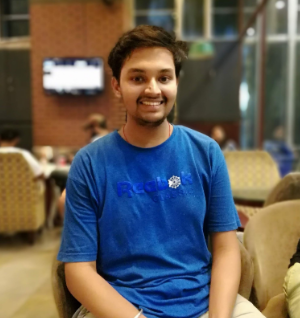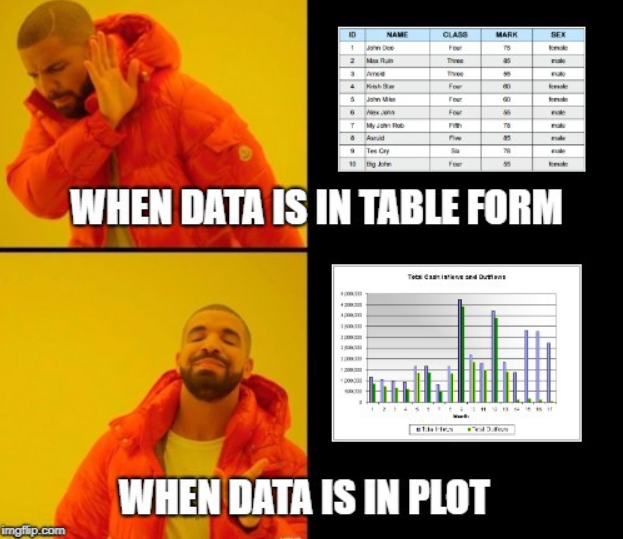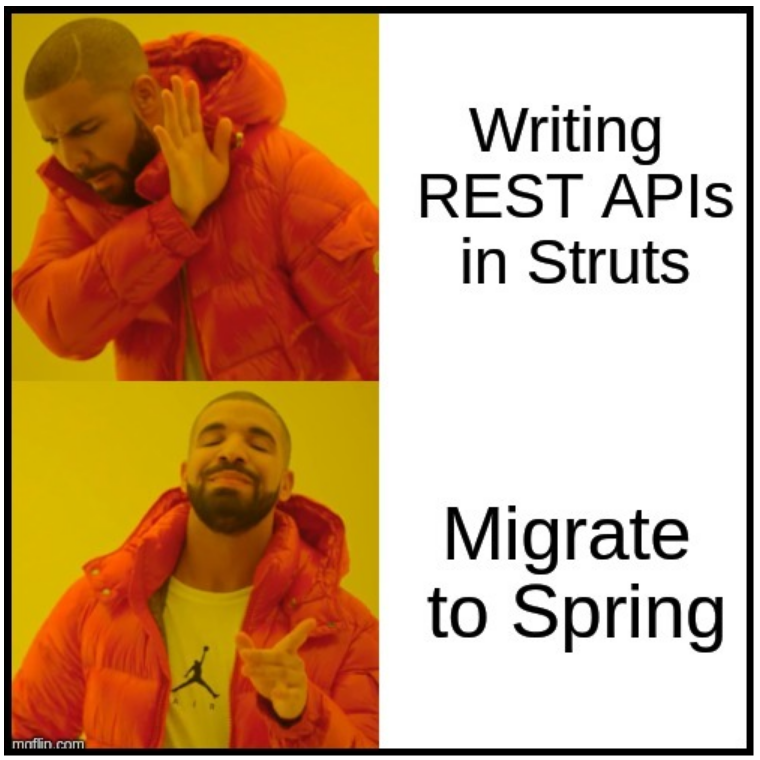We’re really proud of our ongoing engagement with GSoC students from previous years, and we always encourage our students to stay involved in any way that suits them, from writing papers about their work, summer internships in the office, and even joining the team. Here, we’ve interviewed Aman Dwivedi, Arunan Sugunakumar, and Adrián Rodríguez-Bazaga, all of whom were mentors in 2019, but came from the special perspective of having been InterMine students in 2018. It’s not long at all until we’ll be thinking about GSoC 2020!
Hi all – thanks for volunteering to be interviewed! What motivated you to return as a mentor after having been a student?
Adrián: As a result of being a student under InterMine umbrella during GSoC 2018, I got invaluable skills that contributed towards my professional career, and eventually to getting a job at the mentor organization itself. One of these skills is the ability to communicate, cooperate, and in general terms, to work with a software development organization in an international setting. This is a highly demanded skill – both in industry and in academia – that I couldn’t really get anywhere else before GSoC.
On the second hand, the opportunity to learn how to contribute back into an open-source with a (huge) codebase and a decent number of contributors, both with code and ideas, was a unique chance to add this top-tier ability to my skill-stack. For this reason, since the high impact that GSoC had in my career, I wanted to go back and help other prospective students by mentoring them and sharing my experience, something that my current position at InterMine helped to contribute positively.
Aman: As a developer, I think we often use open source software and we don’t really get a chance to give back to the community. It becomes difficult to keep contributing to open source in our day to day professional work. Being a part of GSoC in the past, I have realised the importance of open source projects and the communities running them. Returning as a mentor for GSoC this year gave me a reason and a chance to contribute again. I always wanted to be a part of the GSoC journey again and this gave me an opportunity to welcome new contributors to the community.
Arunan: Being part of an organisation which is on the other side of the planet is always an exciting thing to do. I understood the full meaning of the term ‘Globalization’ when I was a student at InterMine last year, thanks to GSOC. I loved our meetings, guidance I received, the project outcome and the level of satisfaction I got. I wanted to have the same experience again this year as a mentor with the organisation I am familiar with.
Did you feel like you had any special insights into what students were going through, having been in the same position in previous years?
Adrián: Having been in the same situation as the students were during GSoC, was indeed very helpful to find and understand the potential needs that they might have. As a matter of illustration, one of the difficulties that is common within already-accepted GSoC students, is that when they face issues in terms of how to continue their progress through the program – either in terms of how to fix obstacles that they might find or contributing with new features – they often don’t feel “brave” enough to communicate with the mentor in order to ask about those problems directly, but instead prefer to find their way through independently, as maybe some of them feel that asking on how to proceed/fix something is a “signal of lack of knowledge”, and in my opinion this is totally wrong, as mentors are there precisely to help you get around these situations!
Aman: From being a GSoC student to stepping into the shoes of a GSoC mentor, I already was aware of the problems faced by a student. Being a first time contributor in an open source organisation is just like entering a room full of unknown people. Sometimes the student might not know when to ask for help or feedback. Communication becomes the main barrier in such cases.
Arunan: As a student, the hardest part was selecting an organisation and working with them before submitting a proposal. GSoC has gained more and more popularity over the years and the competition is very tough. This might discourage many students and they might postpone their idea of participating in GSoC to the following year. Students should learn to overcome this fear and start trying. Once you have passed a threshold point of getting to know the organisation, the path becomes clear and easy. Once you reach this point, you get all the motivation in the world to start and complete the project because it is an exciting journey.
What advice would you give to a student who is applying for GSoC? Is there something you’d go back and tell yourself when you were a student?
Adrián: In my view, and re-iterating what I’ve stated in my answer to the previous question, I encourage students to communicate with mentors constantly, and ask about any issue that may arise during the program, while still keeping a high degree of independence.
Aman: GSoC is about open source communities. The student should keep in mind that his/her code would be used by a lot of people all over the world. Each and every aspect of the student’s work has a great impact on a lot of people and a lot of dependent projects. With this thought, comes a great responsibility of ownership. The student should work passionately and should ask for feedback and suggestions from other community members to enhance his/her work.
What tips would you give to first-time mentors?
Adrián: For first-time mentors, I strongly advise to be proficient enough with the tech stack and have a clear idea of what the desired output from the project is – especially if the project has not been proposed by you, so that you are able to guide the student through the program. In addition to that, make sure to continuously be in close communication with at least one senior mentor in the organization, so that any arising matters can be cleared.
Aman: Mentors should understand the project thoroughly. Understanding the various components of the project is extremely necessary. One should be in sync with the core team of the organisation and should discuss about the expectations from the project. Selection of students is the most important part of GSoC. It is always better to discuss about the various students with the other team members before coming on to the final selection.
Arunan: Mentoring might seem hard especially if you are not part of the internal InterMine team. But if you are comfortable with the project and the tech stack, then mentoring wouldn’t be a problem. Mentors needs to be up-to-date on the project all the time and should have some patience when the student struggles. If you are a first time mentor, it is better to co-mentor with a person who is in the internal InterMine team so that decision making can be easy and aligns with the future work of the organisation.
Interested in participating as a mentor or student yourself?
Mentoring: If you’re interested in mentoring, please email yo@intermine.org to discuss your project ideas. Generally we expect mentors to be known to us and/or have had some involvement in the InterMine community before participating as a mentor. You can also read through our Guidance for Mentors.
Interested student / intern: Check out our guide for students applicants. In 2020 we may well be participating in Outreachy as well as GSoC – so you don’t have to be a student to apply!






You must be logged in to post a comment.